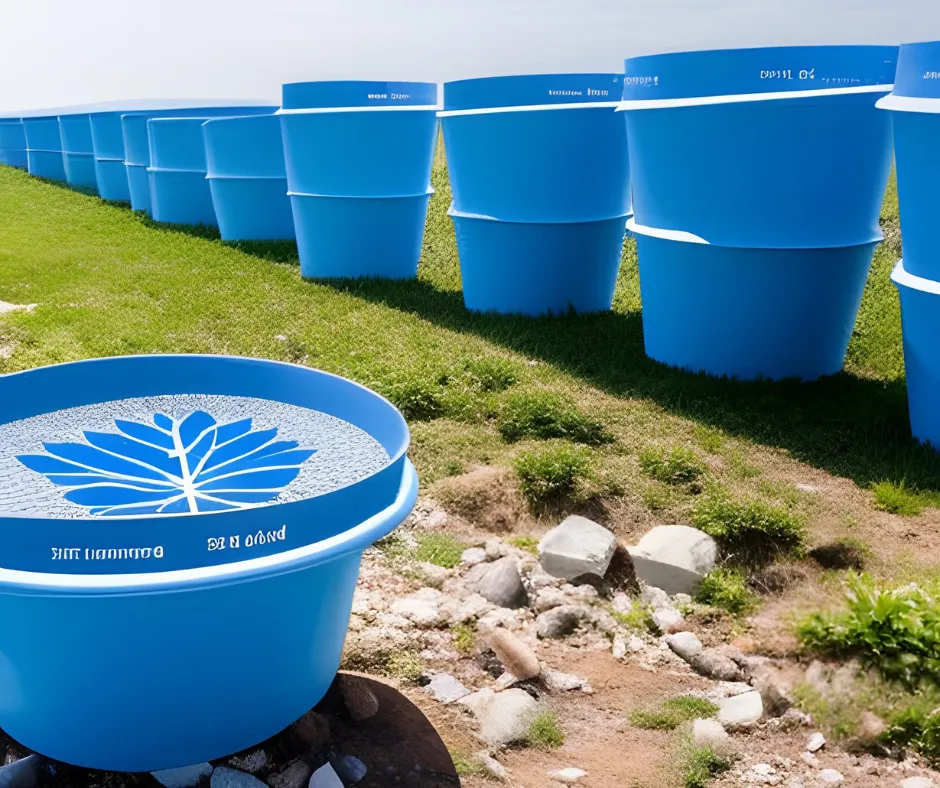Tool and die makers in India | Plastic Mould Manufacturer
15/1 Rama Road
Kirti Nagar Delhi-110015 India
+91 8883912346
asia@hongyijig.com
Certified
ISO 9001:2015

Sustainability is the upcoming future of injection moulding

Sustainability has been a major issue in the past few decades due to Marine pollution, Wildlife harm, Ecosystem Disruption, Toxic chemical leaching,Greenhouse gas Emissions, Resource Depletion, Visual and Aesthetic Pollution, Microplastic Contamination, Health Risk, and Land and Water Pollution. These Environmental damaging factors exist due to the excessive plastic waste that is hard to dispose of.
During various injection moulding processes tonnes of Plastic scrap waste and damaged plastic parts left unattended in the rivers and factories. These plastic parts can be transferred into micro plastic which gets diverted in rivers affecting marine life then later humans.
Since, a lot of Consumers are aware about global warming and plastic waste being disposed of in the ocean.
Being concerned with the damage happening to natural resources, people are now developing sustainable sources of plastic production and reducing the plastic waste.
Let’s look at some of the challenges faced by Injection moulding industry in implementing Sustainability:
- Material Selection: Traditional plastic materials can have a significant environmental impact, especially when they are not recycled or disposed of properly.
- Energy Consumption: Injection moulding machines require energy for heating, melting, and moulding plastic, which contributes to greenhouse gas emissions.
- Waste Generation: Inefficient processes or design flaws can lead to the generation of excess plastic waste, harming the environment.
Thankfully, the injection moulding industry is not standing still. Manufacturers are actively pursuing sustainable solutions to address these challenges:
- Biodegradable and Recycled Materials
One of the most significant steps towards sustainability in injection moulding is the adoption of biodegradable and recycled materials. Manufacturers are exploring alternatives to traditional plastics, such as bioplastics derived from renewable sources like cornstarch or recycled plastics. - Energy Efficiency
Injection moulding machines are becoming more energy-efficient. Companies are investing in the latest equipment with advanced heating and cooling systems, reducing energy consumption and greenhouse gas emissions. - Lean Manufacturing
Lean manufacturing principles are being applied to reduce waste and optimize processes. This includes minimizing material waste, reducing production cycle times, and improving overall efficiency. - Design for Sustainability
Design plays a crucial role in sustainability. Companies are focusing on designing products and moulds for easier disassembly, recycling, and reduced material usage. This approach extends the lifecycle of products and reduces waste. - Recycling Programs
Many injection moulding manufacturers are implementing recycling programs for both post-production waste and end-of-life products. Closed-loop systems ensure that plastic waste is collected, recycled, and reused within the manufacturing process. - Carbon Offset and Renewable Energy
To mitigate their carbon footprint, some manufacturers are investing in carbon offset programs and transitioning to renewable energy sources for their operations.
Conclusion
Here we experience that the major environmental concerns are created by plastic and we can reduce it by replacing the one use type of plastic with reusable plastic Consumers are now aware of the damage happening to the environment, they are demanding more versatile products that are durable and efficient without harming the environment.

